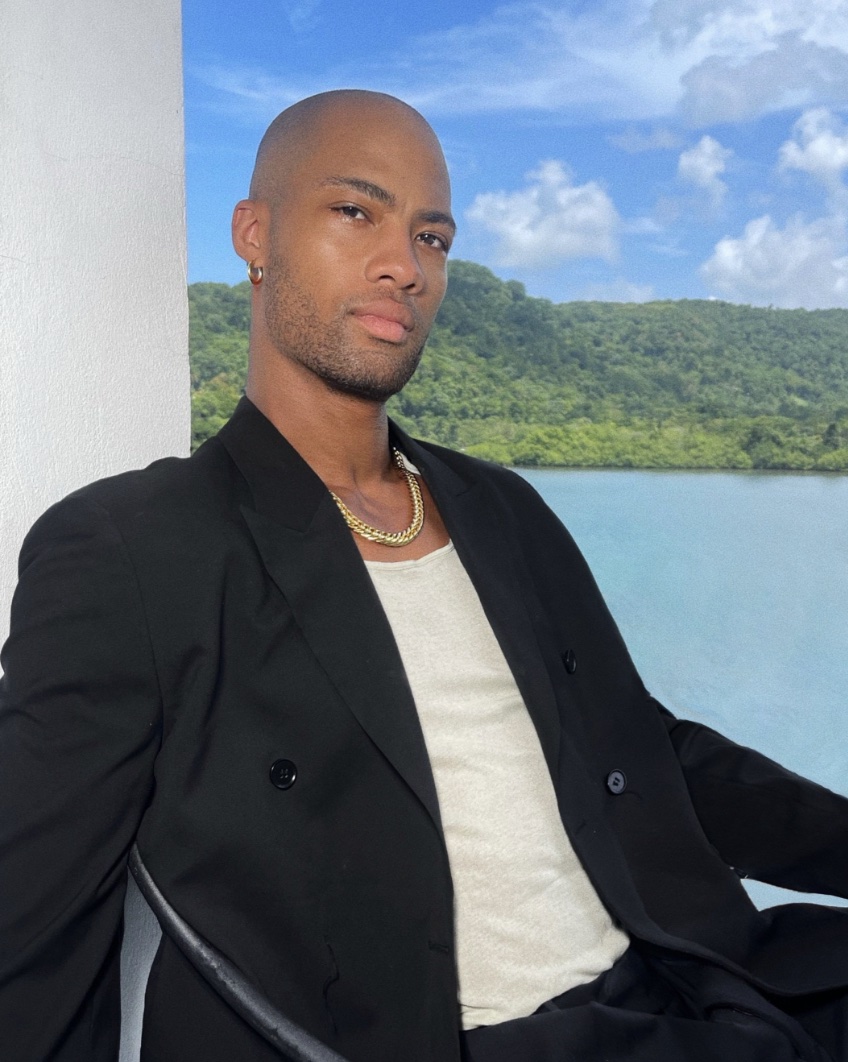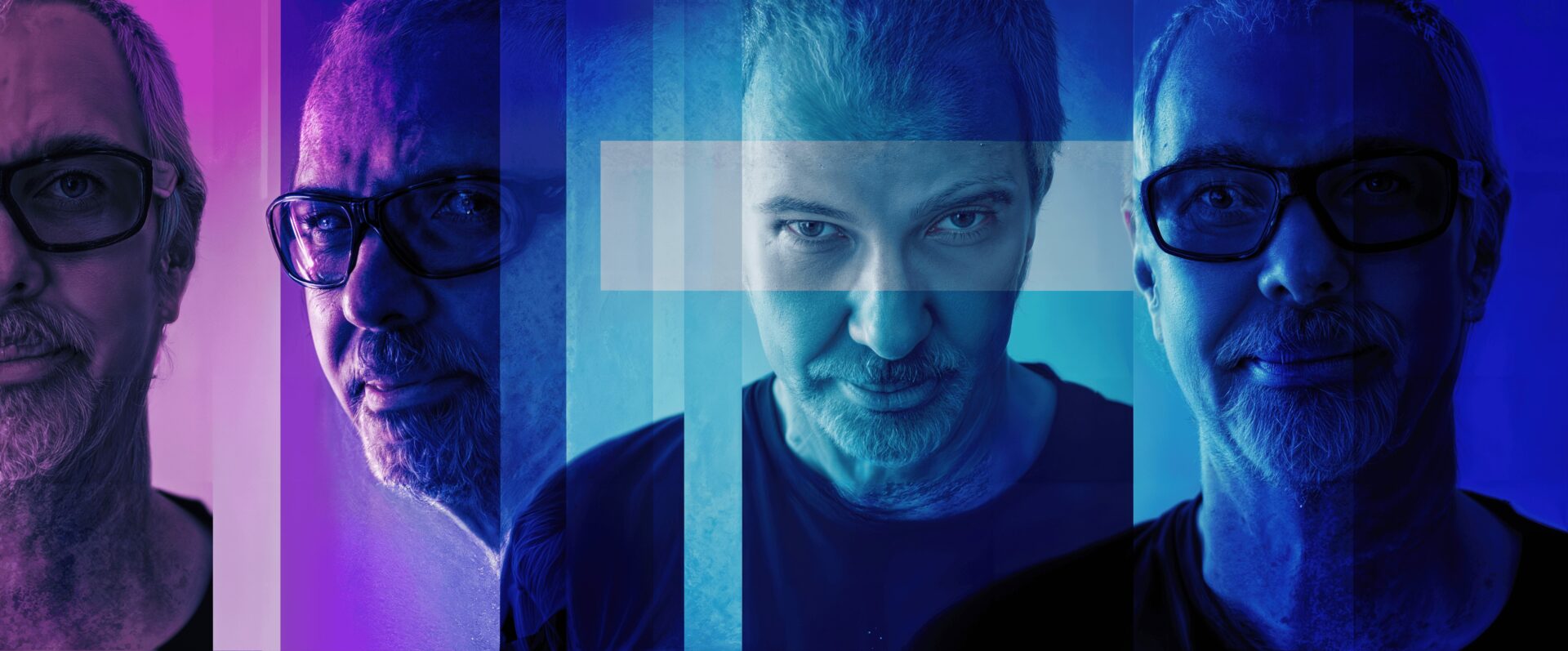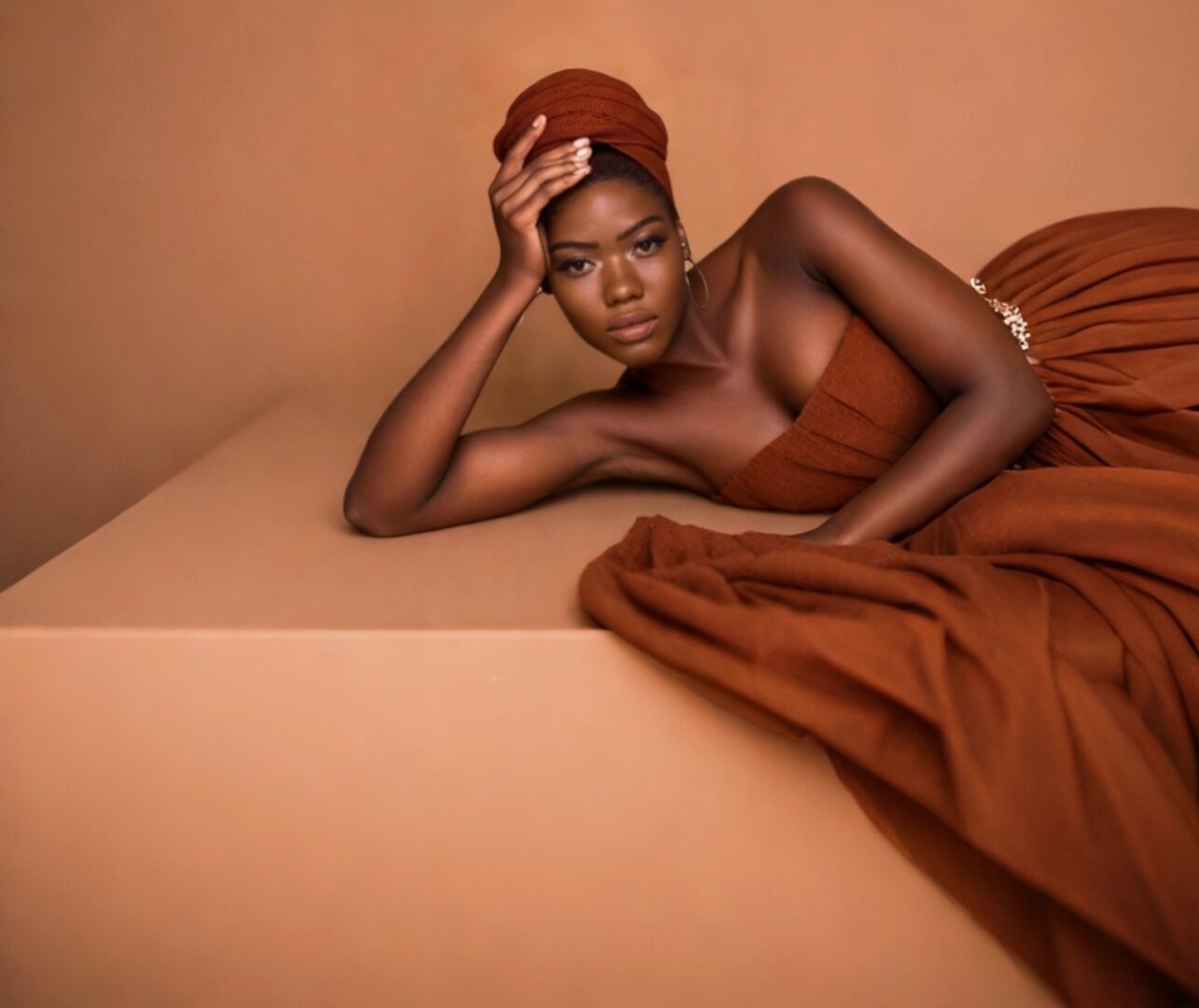We’re excited to introduce you to the always interesting and insightful Ricardo Nelson. We hope you’ll enjoy our conversation with Ricardo below.
Hi Ricardo, so excited to talk about all sorts of important topics with you today. The first one we want to jump into is about being the only one in the room – for some that’s being the only person of color or the only non-native English speaker or the only non-MBA, etc Can you talk to us about how you have managed to be successful even when you were the only one in the room that looked like you?
Being the only one in the room often felt like walking a tightrope. On one side, I dealt with imposter syndrome—constantly questioning if I truly belonged or if I was just a token, filling some diversity quota. I felt the need to over-deliver, work twice as hard, and stay quiet when I should have spoken up, all while battling this nagging doubt that I wasn’t enough.
Over time, I started to see things differently. My industry operates on a bottom line—no one is doing anyone any favors. If I was in the room, it was because I brought value. I was an asset, not a charity case. That shift in perspective helped me shed a lot of the self-doubt and start trusting my skills, my vision, and my instincts. I realized that no one would put time, energy, or money into me unless I was a real contributor to the success of a project.
This realization helped me move past the fear of making mistakes or being judged unfairly. I began to own my space and see being “the only one” as a sign of the ground I was breaking, not a weakness. It’s still challenging at times, but I remind myself that I’m there because I earned it—and because I bring something no one else can.

Let’s take a small detour – maybe you can share a bit about yourself before we dive back into some of the other questions we had for you?
I’m a photographer, filmmaker, and creative director, but more than that, I’m someone constantly searching for meaning and connection through my work. Born and raised in Jamaica, my upbringing and cultural heritage are central to everything I create. When I moved to the U.S., I carried a deep sense of purpose, but I also felt the weight of needing to prove myself in spaces where I didn’t always feel like I belonged.
Over the years, I’ve struggled with imposter syndrome, questioning whether I deserved the opportunities I’ve earned. I used to believe I had to overcompensate—to be perfect, to never make a mistake—because I felt like people were waiting for me to fail. It wasn’t until I realized that this industry operates on results, not favors, that I started to see my own value. I wouldn’t be in the room if I wasn’t bringing something unique and necessary. That shift in perspective has helped me embrace my identity as a creative and lean into my work with more confidence.
Creatively, I’m focused on telling stories that bridge art and commerce but also reflect personal truths. I recently worked on a documentary project in Jamaica that’s been one of the most therapeutic experiences of my life. For the first time, I felt connected to a queer community back home, and it reminded me how powerful storytelling can be—not just for audiences, but for the creator as well. It’s given me the courage to explore deeper, more vulnerable parts of myself in my work.
I’ve also started reexamining the way I approach art. I’ve been incorporating Jamaican heritage into reinterpretations of classical works, like a piece where I place my mother as the central figure in a reimagining of Diana and Her Companions. I even blended my mentor’s ashes into another mixed-media project to honor his impact on my life. These projects feel like pieces of my soul, capturing not just where I’ve been but where I want to go.
I don’t have everything figured out, but I’m proud of the journey so far. If there’s one thing I’d like people to take away from my work, it’s this: even in your most vulnerable moments, there’s beauty in owning your story. That’s what I strive for every day—to tell stories that are as raw and honest as the life I’ve lived.

If you had to pick three qualities that are most important to develop, which three would you say matter most?
Looking back, the most impactful qualities in my journey have been resilience, self-awareness, and the ability to connect deeply with emotion—both mine and others’. Resilience has been my armor, forged in moments where I felt invisible, doubted myself, or questioned whether I belonged in rooms that weren’t built for someone like me. Self-awareness has been my compass, guiding me through the weight of imposter syndrome and reminding me that I’m not here by chance—this industry doesn’t operate on handouts, and my presence means I bring real value. But above all, it’s my ability to tap into the raw, unfiltered emotions of my experiences—whether it’s the loneliness of being “the only one,” the complexity of love and rejection, or the tension between who I was and who I’m becoming—that has shaped my work and my life. For anyone early in their journey, my advice is to embrace your story, no matter how heavy it feels. Your uniqueness is your power, and the more honestly you can live and create, the more fulfilling your path will become.

Before we go, maybe you can tell us a bit about your parents and what you feel was the most impactful thing they did for you?
The most impactful thing my parents did for me was, in their own ways, untether me from the norm. When my biological father disowned me after finding out I was queer, it hurt deeply—but it also freed me. In that moment, I no longer had to live in anyone’s shadow or maintain a lie. It forced me to build my life on my own terms, unshackled by his expectations. My mother, though reluctant, sent me to New York without asking, uprooting me from everything familiar. It was jarring, but it also placed me in a world where I was safer than in Jamaica and where I’d meet lifelong collaborators, discover myself as an artist, and begin to embrace who I truly am. Those two pivotal decisions—one rooted in rejection and the other in reluctant protection—set me on a path of self-discovery that I wouldn’t trade for anything. For that, I’m profoundly grateful.
Contact Info:
- Website: https://www.ricardohoratio.com
- Instagram: @ricardohoratio
- Linkedin: https://www.linkedin.com/in/ricardo-horatio-nelson/




Image Credits
All images by Me
so if you or someone you know deserves recognition please let us know here.




